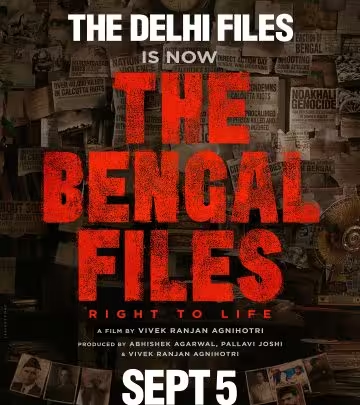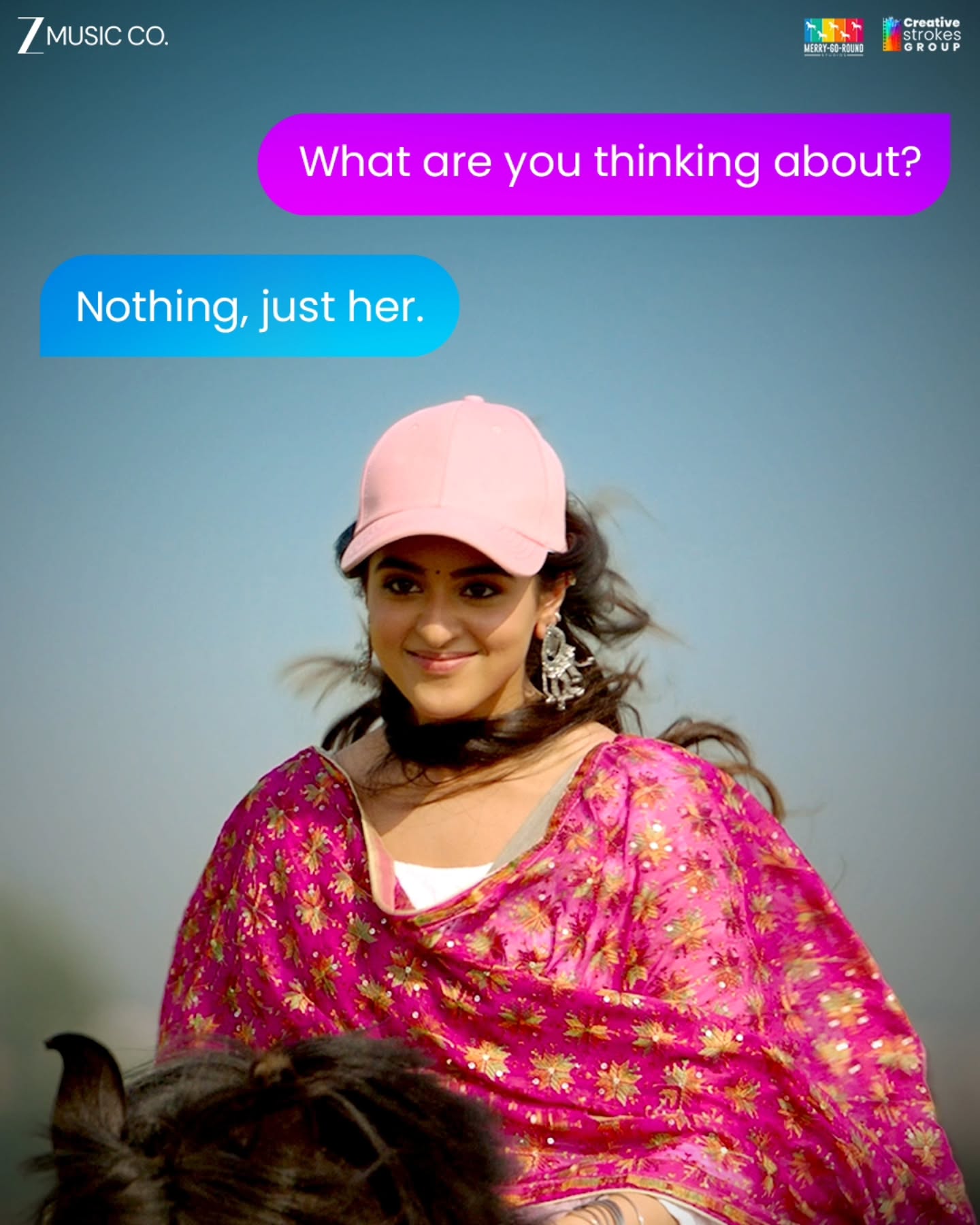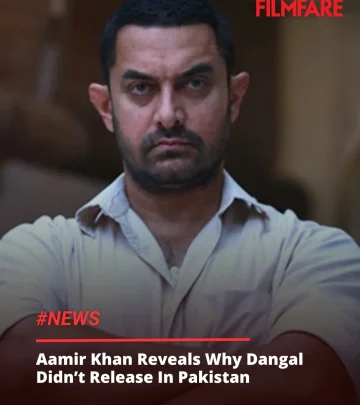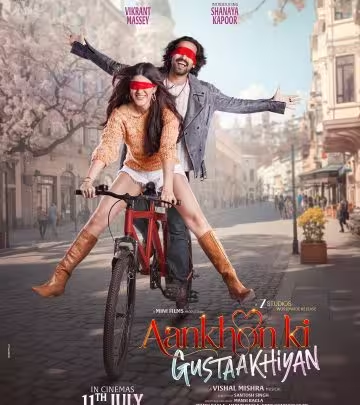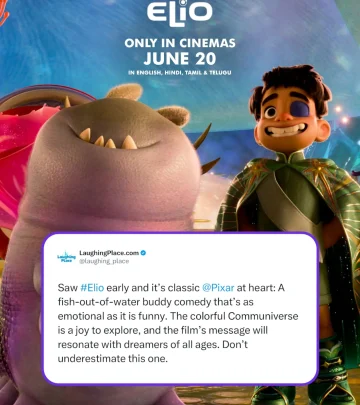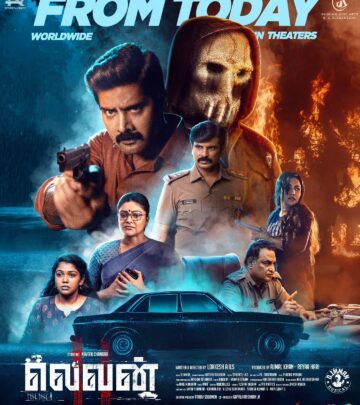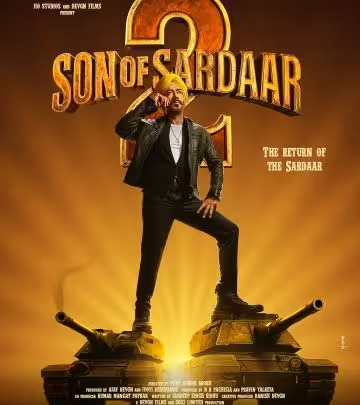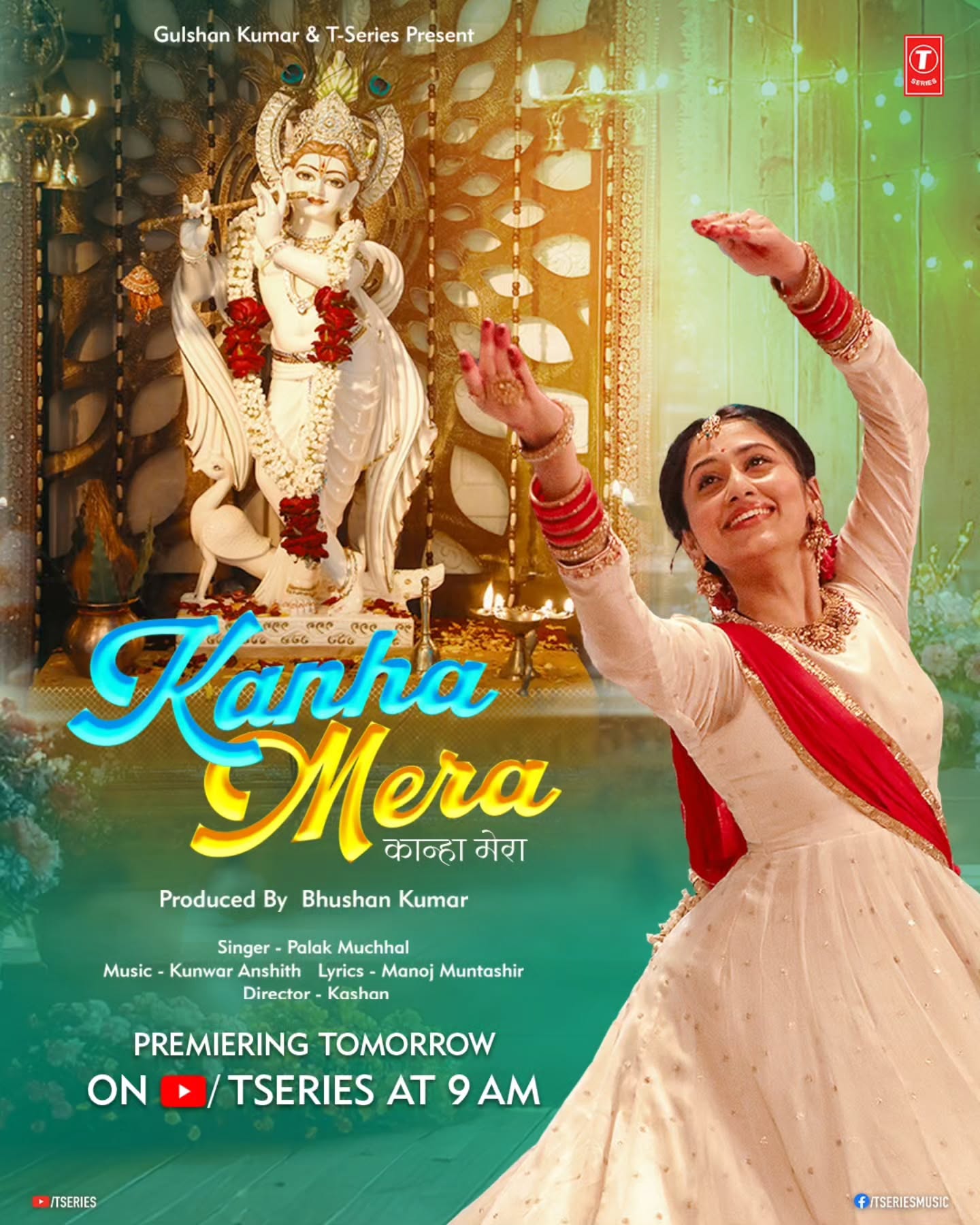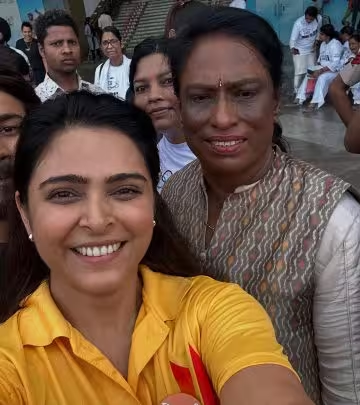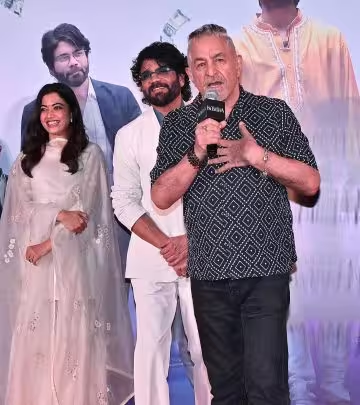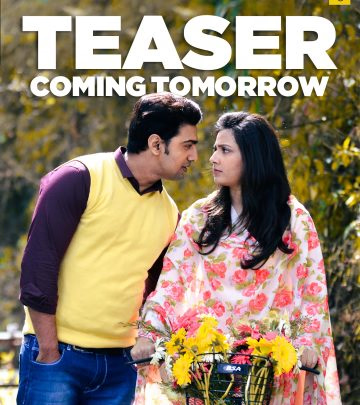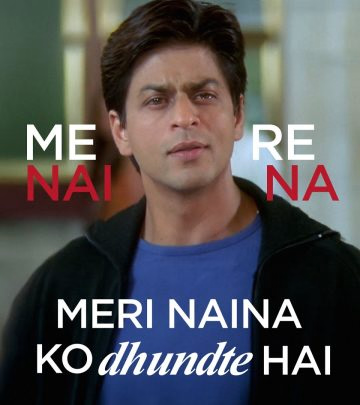Ananta Film Name Sparks Cultural Debate
Film 'Ananta' honors historic literary legacy as naming debate unfolds among Odisha fans!
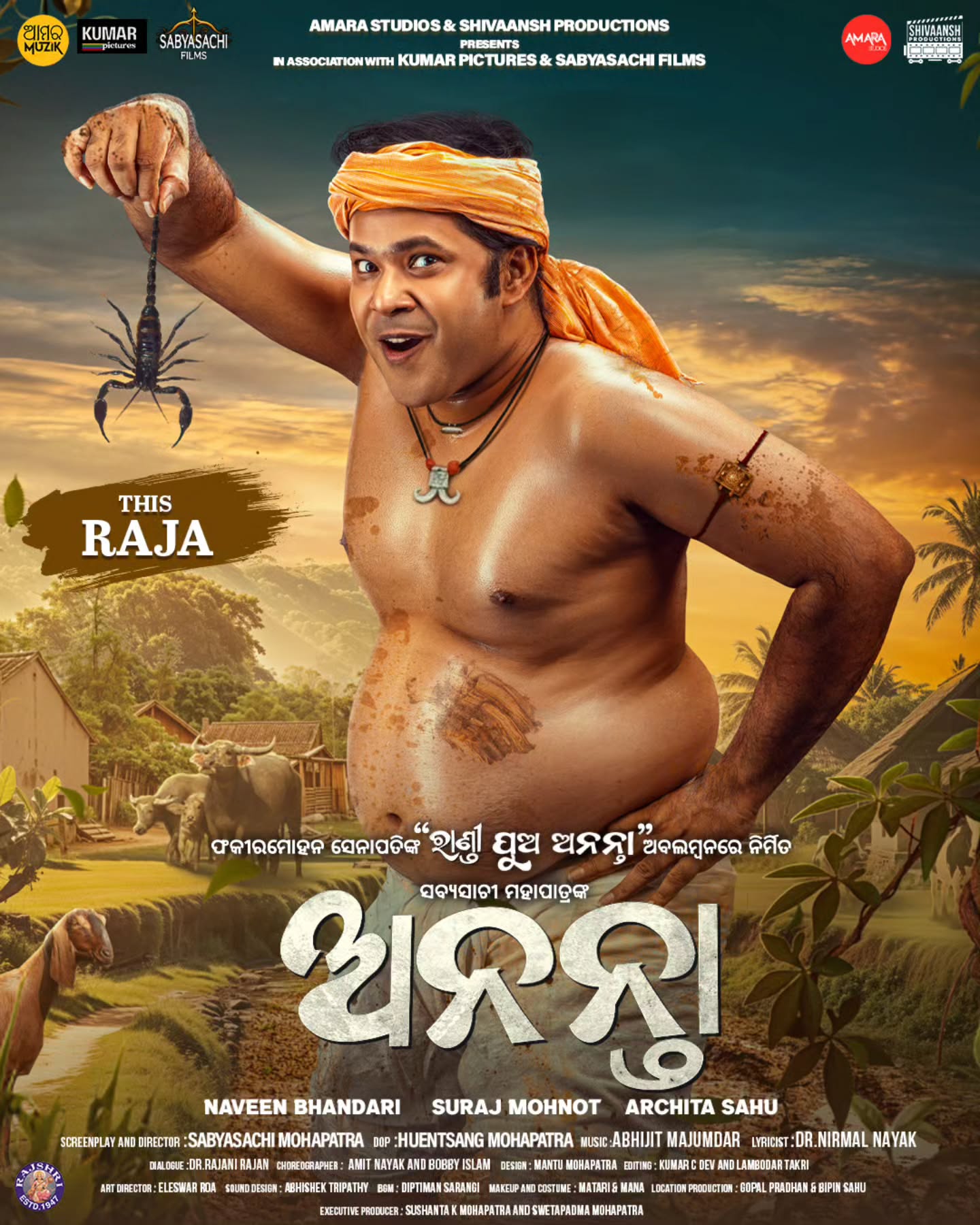
Image: Instagram
The upcoming film adaptation based on Byasakabi Fakir Mohan Senapati’s timeless story has ignited a spirited debate over its title. The original work, known as “RandiPua Ananta,” has been the subject of much discussion and controversy even during the planning stages of the movie. Amid heated conversations and reservations about the original name, the creative team has taken a decisive step by opting to simplify the title to “Ananta.” This decision is an effort to respect the storied legacy while making it more accessible to a broader audience in Odisha.
Film Naming Controversy
In the initial stages of development, the film’s title stirred up numerous discussions. Many felt that the traditional name might be difficult for modern audiences, particularly among those who find the extant terminology challenging or uncomfortable. The studio, however, remains dedicated to honoring the original spirit of Fakir Mohan Senapati’s creation. The team emphasized that even though the title has been shortened, the film will continue to encapsulate the depth and cultural resonance encapsulated in the original text. The decision to use “Ananta” is a reflection of both artistic sensitivity and responsiveness to audience feedback. As noted in one of the posts, the production team expressed, “ମୂଳ ଲକ୍ଷ୍ୟ କେମିତି ସମଗ୍ର ଓଡିଶା ଏହି ସିନେମା ଦେଖି ଭରପୁର ମନୋରଞ୍ଜନ ଭିତରେ ଲୁଚିଥିବା ବ୍ୟାସକବିଙ୍କ ବଳିଷ୍ଠ ବାର୍ତ୍ତାକୁ ବୁଝନ୍ତୁ”, urging viewers to delve deeper into the narrative and experience the full power of the story.
Literary Legacy Reimagined
The decision was not made lightly. Extensive consultations with literary figures and discussions with common moviegoers have shaped this change. The team behind the film pointed out that while the original title carries immense historical and cultural weight, some segments of the audience have found it somewhat restrictive and laden with preconceptions. In contrast, the simplified title “Ananta” captures the infinite nature of the themes presented in the story. This title change aims to bridge the gap between a revered literary past and a contemporary cinematic vision.
Furthermore, the decision reflects a broader trend within Odisha’s film industry—where filmmakers are increasingly balancing traditional narratives with modern presentation techniques. References to the blessings of the divine, as mentioned with phrases like “ମହାପ୍ରଭୁ ଙ୍କ ଆଶୀର୍ବାଦ,” remind us that the film strives to honor both its sacred literary origins and the everyday sentiments of its audience. The echo of “ଜୟ ଜଗନ୍ନାଥ” signifies the deep cultural ties that bind the story to the people of Odisha.
Audience And Celebrity Support
The film is not just a tribute to the literary genius of Fakir Mohan Senapati but also a significant cultural event for the people of Odisha. The production team is calling upon every segment of society to experience the film in all its grandeur. Notably, celebrated actor Sabyasachi Mishra—whose prominence in Odia cinema is well-documented—has been associated with the project, bringing further attention and credibility to the adaptation. His involvement, as highlighted in recent social media discussions, serves as an assurance that the film will resonate with both ardent literary enthusiasts and mainstream audiences.
Social media plays a key role in the dissemination of this story. A recent post on Instagram (https://www.instagram.com/p/DJwVpz5hxg8/) captured public sentiment and further amplified the discussion regarding the film title. This digital conversation mirrors the larger societal dialogue: the respect for a historical narrative while adapting it to contemporary tastes and sensibilities. Fans and critics alike are closely watching how this homage to a cherished literary work unfolds on the big screen.
Balancing Tradition With Modernity
The creative team’s decision underscores a thoughtful balance. On one hand, they are sensitive to the original story’s intricate layers and the deep emotional connection it has forged over generations. On the other, there is an immediate need to present a title that resonates with today’s audience without compromising the original narrative’s integrity. The chosen title, “Ananta,” not only simplifies but also encapsulates the boundless spirit of the tale. It is a modern reinterpretation that seeks to draw in curious viewers while remaining firmly rooted in Odisha’s rich cultural heritage.
The film is poised to spark not only discussion among literary circles and cinema fans but also to renew interest in the age-old narratives that have shaped regional identity. As these conversations evolve, there is a shared belief among the stakeholders that the film will both challenge and captivate its audience, melding tradition with the thrill of contemporary storytelling. The decision to rebrand the title, therefore, stands as a testament to the dynamic evolution of artistic expression in Odisha’s cinematic landscape.
With a message that reverberates across generations, the film’s simplified title aims to become a rallying cry for cultural pride. It invites viewers to reconnect with a story that is as immortal as its themes—one that continues to inspire, provoke thought, and celebrate the infinite facets of human experience.
Read full bio of Cynthia Jean Daniel



